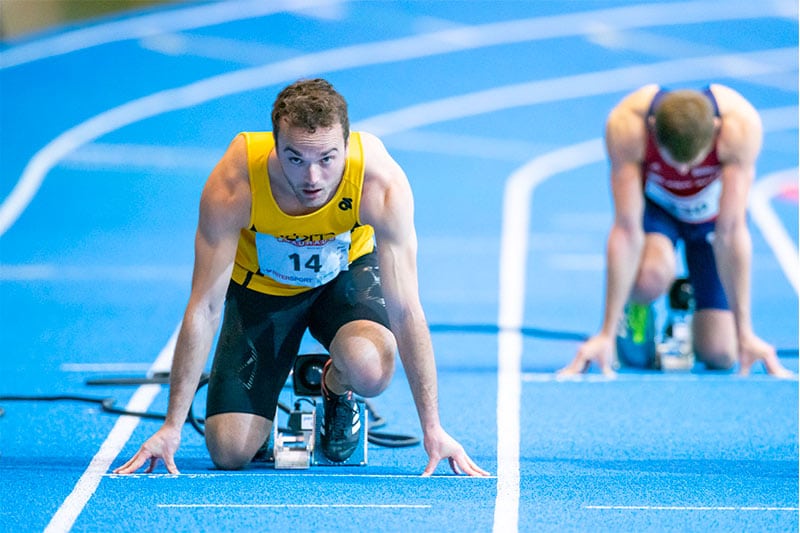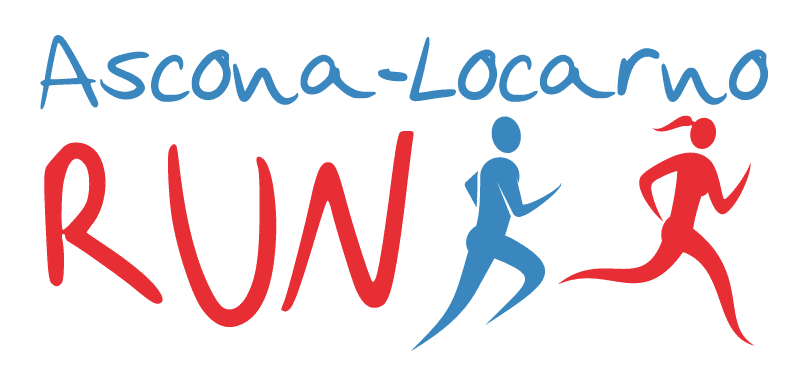Photo courtesy of D. Angelella – © Athletix.ch
The real power behind? My loved ones.
During the interview with Daniele, a doctor and elite sportsman, we took the opportunity to ask him for some advice on training and injuries for runners and why you absolutely must come to the Ascona-Locarno Run!
Happy reading and keep training…differentiating!
What was your dream as a child?
When I started secondary school, I had two dreams. The first was to become an international athlete and the second was to become a doctor. Years later, the dream of becoming a doctor came true (with full marks, ed.). For the athlete, I will not deny that at one point the Olympic dream was there but unfortunately it did not come true. The 2014 European Championship in Zurich was the competitive goal that I pursued and achieved the most. I think I can say that I have realised my childhood dreams, and of course I continue to have other dreams, but that is not all!
Have you had any regrets?
There have been disappointments, but no regrets. I would do everything the same way I did, even the negative experiences or defeats, they were processes that serve to grow. It is often said: ‘you either win or you learn’.
Is there any advice you would like to give to people approaching a competitive career?
The first objective is to believe in it, otherwise it will not happen. The second, and most important, is not to forget that alongside work and sport we have family and friends, because they are the real driving force, and for me they were. They are the ones who comforted me, they are the ones with whom I shared my joys and sorrows, they are the ones who were there before, during and after sport. Dedicating yourself completely to sport or work should not exclude those who really love you. You must not forget that there is a world outside sport, work, school…
What is your advice to someone who has contracted COVID-19 and wants to return to sport?
I would like to make a premise: it is a disease that we have only known about for a short time and we do not know the long-term effects it could have. First, I would advise you to listen to your body and have common sense; if you have symptoms, do not do sport. Depending on the severity with which it has been contracted and one’s medical history, different checks are suggested. Those who have contracted it severely (starting with those who have had a high fever and/or a strong cough for several days) are advised to have a general medical examination, blood tests, an electrocardiogram, or a lung function. This is because the long-term effects and the impact on sporting activity are not yet known. Medical protocols dedicated to the return to sport are beginning to be published and stress the importance of a gradual return to sporting activity. If a person cannot walk 0.5 km in a sustained manner without coughing or feeling the need to stop for lack of air, they are not doing sport. This is just an example of what is stated in some protocols, as mentioned before, these are guidelines starting to be published for a disease whose possible long-term effects are not known, so it is important to listen to your body and have common sense. For those who do competitive or endurance sport, it is best to consult a doctor.
What advice do you give to a person approaching running for the first time?
I recommend planning, differentiating, and setting goals, perhaps with the advice of an expert. Start slowly and, above all, differentiate your training, i.e., do not just run but also devote a session to strength training and stretching. Even for the sessions dedicated to running, it is better to vary them, sometimes doing a progressive run, sometimes a repeat, maybe even on the track if you have the chance, sometimes doing fartlek in which you do, for example, 30″ slow and 30″ fast. Differentiate and eliminate monotony.
What do you think are the most difficult moments in a race?
Before the race! That is the moment when you have time to think, to plan, you are a bit more stressed about the result. For me it has always been the most stressful moment, but then when I am running, I don’t think!
What are the most frequent causes of injury for a runner?
The most frequent injuries for a runner are the patellofemoral syndrome, the so-called ‘periostitis’ (shin-splints), the Achilles’ tendinopathy, the plantar fasciitis, stress fractures especially of the foot bones, the ‘runner’s knee’ or iliotibial band syndrome, …
These injuries are all ‘overuse injuries’, syndromes caused by repetitive and excessive strain. Hence the importance of differentiating training.
Gymnastics/stretching: what do you think?
It goes back to what I said before, differentiating, but it does not have to be an obsession. It must be done with a view to injury prevention and training differentiation, they are particularly important.
Food/Nutrition: what advice can you give us?
Common sense, following strict diets is not absolutely necessary, the important thing is to eat healthily and to differentiate here as much as possible. Then, if you need to lose weight or get in shape for a certain date, you can always try to optimise, but in amateur sport it makes less sense in my opinion. With a healthy, balanced diet you can satisfy your body’s needs.
What are the elements to consider when choosing a running shoe?
For running, especially at the start, I would recommend choosing a shoe that you feel comfortable in, that has sufficient cushioning and is not too hard, and that has some sole (profile). Later, depending on how you tolerate it, you can try shoes with harder soles.
Do not start with hard marathon shoes straight away, as this could lead to the problems mentioned above.
Why should a person come to the Ascona-Locarno Run?
I have participated in the Ascona-Locarno Run as a volunteer, so I would certainly recommend it! Why? For at least 4 reasons:
– it is a magnificent region.
– the route is varied and provides a nice balance between nature and the city.
– it takes place at a time when the climate is ideal for running, not too hot but not too cold either.
– it is organised by people who live sport in a healthy way and with passion!
Thank you, Daniele, for sharing your experiences and advice with us! Good luck with your next challenges!
End of the interview




